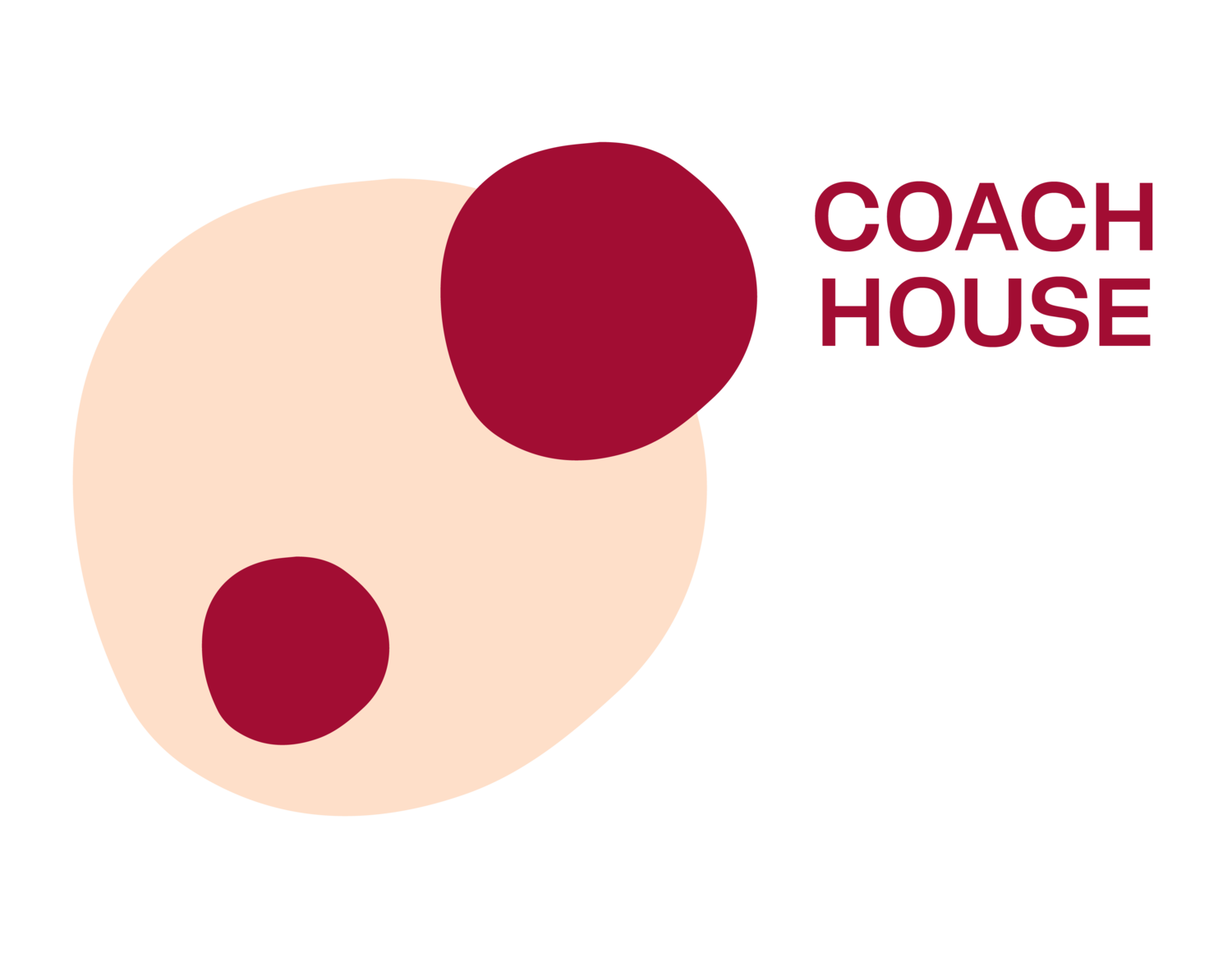You’re a Mom, Now What?
The first week of recovery after giving birth
As soon as your baby is born all attention shifts from you and your beautiful pregnant belly, towards your new adorable newborn. It goes without saying that welcoming a new member to the family is exciting, but, we should also take a moment to consider the “new mom”. Whether you’ve had a vaginal birth or a C-section, your body has endured trauma that requires aftercare, rest, and recovery. This post is dedicated to outlining the first week of recovering after giving birth. We also provide tips on how to optimize care for yourself and address what your partner can do to make this process easier. Lastly, we like to point out that we didn’t forget about the baby. This post is about you. Caring for a newborn in the first week of life will be covered in a separate post in the near future (so make sure you’ve signed up to our mailing list and follow us on Instagram to keep up with new content).
Disclaimer: This post is meant for informational purposes only and should not replace information or medical advice provided by your primary health provider.
Postpartum aftercare & recovery focuses on:
Pain management
Vaginal bleeding
Caring for your stitches (vaginal or incision)
Movement
Pain management
You may feel pain similar to period cramping, vaginal soreness, or incision pain. Over the counter medications such as Tylenol and Advil can be taken for pain (unless otherwise specified by your primary healthcare provider). Rather than choosing one or the other, taking these together (yes, at the same time) will optimize pain relief. Both reduce pain and the Advil helps to reduce inflammation. You shouldn’t have pain that prevents you from regular activities like eating, sleeping, walking and feeding your baby. If you do experience pain that gets worse or is unrelieved by over-the-counter medications, please go see your obstetrician, family doctor, or midwife.
Vaginal bleeding
Right after delivery, starts the normal process of postpartum bleeding. You will experience moderate bleeding (more than a period) that can last for 4-6 weeks. Vaginal bleeding happens whether you’ve had a vaginal birth or a C-section. You should change your pad frequently and take note of the amount of bleeding. Bleeding should lessen and change from bright red to light pink as time passes. If the bleeding gets heavier where pads are soaked every hour (with or without blood clots) then you should contact the primary care provider that looked after you during pregnancy.
Caring for your stitches
If you received vaginal stitches, they will take up to 2 weeks to heal. In the first week you may experience swelling and pain that typically resolves by 5 days. During that first week, applying vaginal ice packs and using sitz baths several times a day will be help to reduce swelling and pain. Try to shower daily and use gentle soap to ensure that the stitches are clean. If you’ve had a C-section, the skin stitches can take up to 10 days to heal. You should take the same approach as described above to keep the incision clean and dry using gentle soap and never scrubbing the incision.
Movements
Avoid movements where you are twisting your abdomen, lifting any substantial weight, or reaching for things that are far from your body. When you are getting out of bed, turn on your side first and then raise your body up. This is an easy way to avoid putting too much pressure on your abdominal muscles that are readjusting to function without a baby inside. Aim to move in ways that make you feel comfortable but don’t exert yourself (even on day-to-day tasks). Remember that you are still recovering. If you’ve had a C-section then you should also avoid driving and lifting heavy objects (especially anything heavier than the baby). Talk to your obstetrician about any other activities to avoid while recovering from a C-section.
Support
The best support your partner can provide during the first week postpartum is giving you the time you need to heal. For most people, this means household chores. We always recommend new parents to change the division of responsibilities in the household for a while after baby is born. The first week is about making sure that essential needs (food, water, hygiene and rest) are met. Keeping lines of communication open between you and your partner is paramount. You should discuss your respective needs and responsibilities with one another as you transition to a new life routine that involves caring for your baby. Both of you need to accept that you have increased responsibilities now. Equally important is your partner understanding that you need time to heal and recover as well. Transitions and major life altering events are hard to cope with. Ask for help and try to accept help when it is offered. Sometimes it’s difficult to accept help because you may think you are the mom and it’s your job to handle things on your own. This isn’t true, we all need help from others and that’s okay. In fact, your family and friends want to help and will feel better if you let them. What’s more, getting help will help you bond with and take care of your baby, which is more important that washing socks and drying dishes in the first week.
Summary of things you can do to take care of yourself:
o Take pain medications (prescribed or over the counter)
o Change your pads frequently
o Pee often
o Keep your incision or vaginal stiches clean and dry
o Use a sitz bath
o Drink water & eat high fiber foods (fruits & vegetables)
o Shower daily
o REST whenever possible
o Get help. Remember, it really does take a village…
Illustration by: Tabatha
https://www.instagram.com/tabbymonty/
https://amat.store/


